We frequently hear about Bill Gates as the founder of Microsoft, but we rarely get to hear about the co-founder Paul Allen, who has a net worth of $17 billion. The man has a thing for toys, and not just some toys. His toys include electric guitars, World War II aircraft, yachts, submarines, and even a football franchise Seattle Seahawks. He has an incredible collection of extravagant aircraft which includes some fighter jets as well.

Source: My Guitar Lessons
His collection of vintage aircraft is housed in the Flying Heritage Museum at a hangar in Everett, Washington. The collection is thought to be worth millions of dollars.
1. The most famous and incredible plane in his collection is MiG-29 Fulcrum combat trainer aircraft. Soviet Union’s Mikoyan Design Bureau created the jet to challenge American fighter pilots in 1970, but the plane was even capable of carrying tactical nuclear weapons. It is one of the very few privately owned MiG-29 crafts in the world.
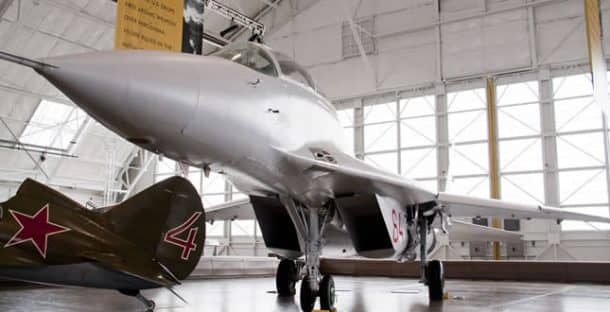
2. Messerschmitt BF 109 E-3 “Emil” was the first modern fighter monoplane one of which disappeared while flying over the English Channel. It was later restored when discovered on a beach near Calais.
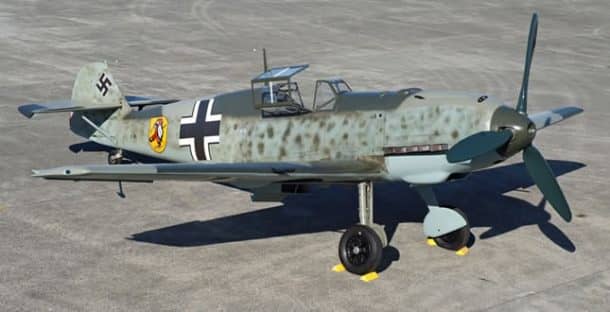
3. The British de Havilland D.H.98 “Mosquito” T.Mk.III, made primarily of wood, was the “fast bomber” of the The Royal Air Forces. The craft nicknamed the “Wooden Wonder,” the Mosquito was one of the fastest, far flying, and the most versatile aircraft of the World War II.
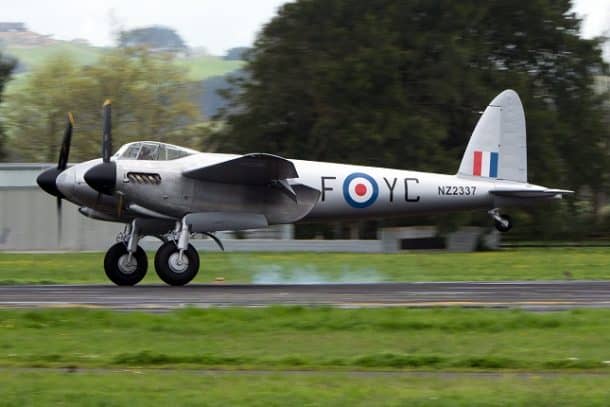
4. Another British plane on the collection is the Hawker Hurricane Mk.XIIA that destroyed more enemy aircraft than any other British plane. This one was recovered from Ontario, Canada.
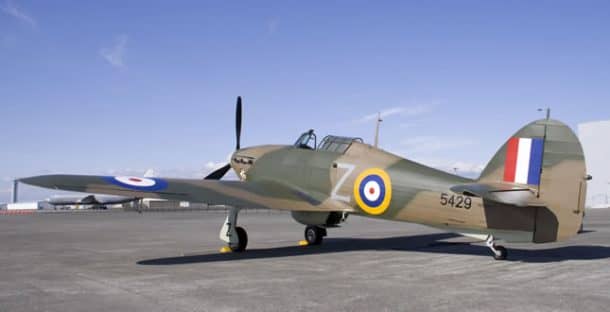
5. The Avro Lancaster TW911 was the most successful British bomber aircraft of WWII. With a twin-finned tail and glasshouse canopy, the plane was powered by four engines.
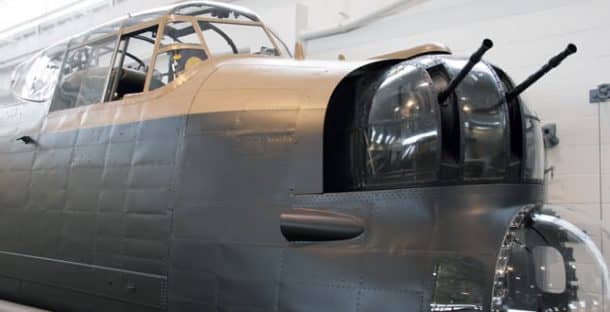
6. The first operational rocket-powered aircraft was the German Messerschmitt 163 Komet. The unit in the heritage museum is one of only a dozen that exists today.
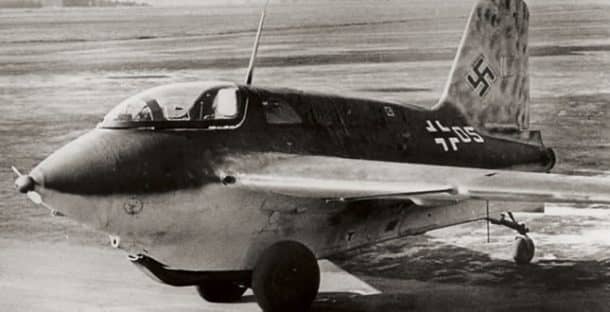
7. A few German planes used in the WWII also grace his collection. One of them is the Fieseler Fi 156 C-2 Storch with wings that could be folded so it could be transported on a train.
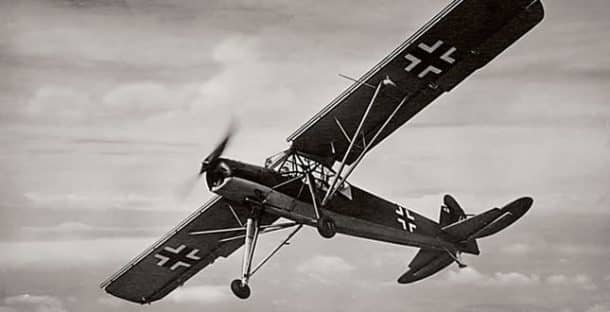
8. A German pilot who was taken prisoner by the Russians after he crashed in a field was flying the Focke-Wulf 190 A-5. A hunter discovered the plane in 1980 and experts in England restored it.
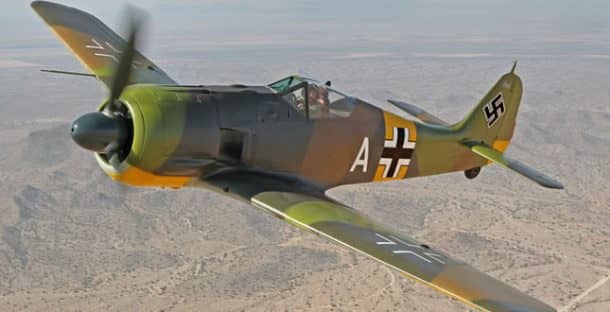
9. To replace the first generation monoplane inceptors, the Germans designed the Focke-Wulf Fw 190 D-13 “Dora.” The plane was called the “Butcher Bird.” While this one is still is in a flyable condition, but since it is extremely rare, it won’t ever fly.
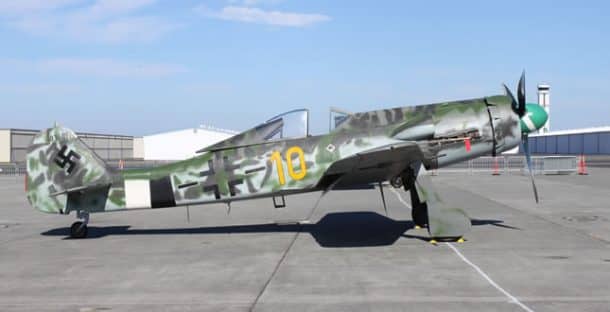
10. British Submarine Spitfire Mk.Vc was an answer to Messerschmitt 109 and served in the WWII. The design was adapted from a seaplane, and some pilots called it “a ballerina in flight.”
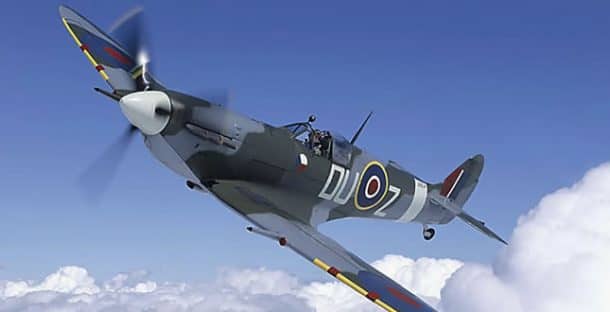
11. The Mitsubishi A6M Zero was one of the most feared planes of the WWII with its exceptional range and performance. Discovered in a wreck in New Guinea, the plane is now capable of flying again after restoration.
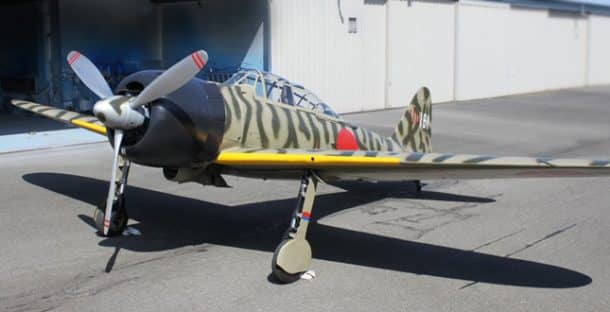
12. The Nakajima Ki-43 “Oscar” was a favorite of Japanese pilots during the world war. The plane was responsible for downing a large number of American crafts during the war.
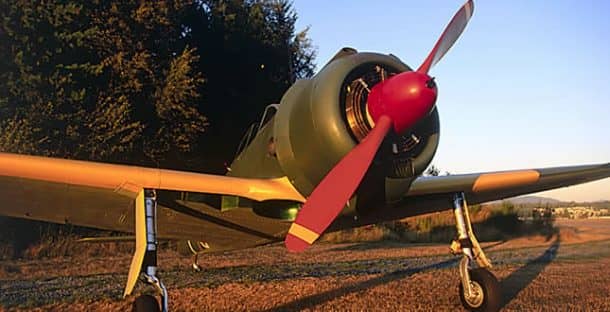
13. The Ilyushin II-2M3 Shturmovik is a Russian plane that the enemy fighters called “Black Death.” This one in Allen’s collection crashed in 1944, and scouts later discovered in 1991 by scouts near a lake with bombs and rockets still attached to its wing.
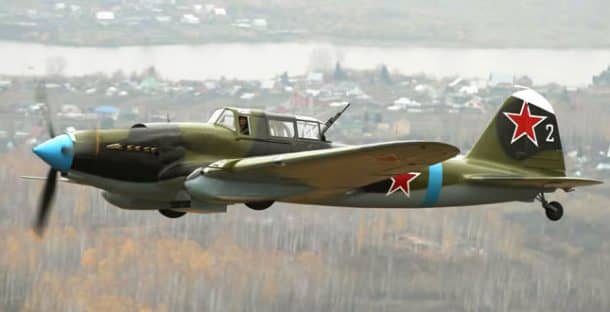
14. The Russian Polikarpov I-16 “Rata” was the world’s first single winged fighter equipped with retractable landing gear. When the wreckage of the craft was discovered in Karelia, Russia, it was restored at the same factory where it was manufactured.
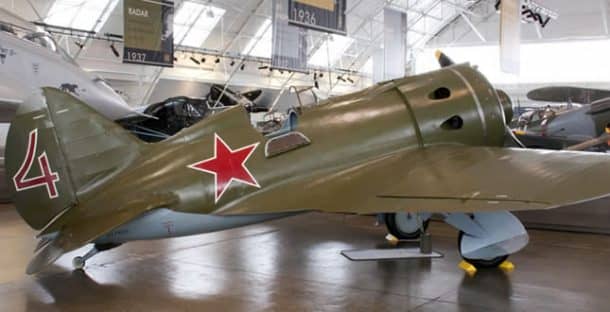
15. The plane flown by the famous Russian women who attacked German camps late at night was the Polikarpov U-2. This craft was used at the Russian front in the WWII as well as the Korean war.
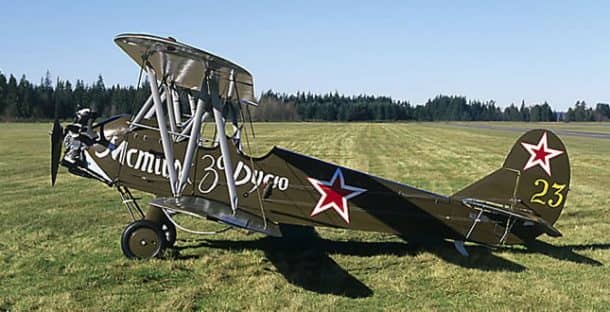
16. The first mass-produced American plane, the Curtiss JN-4 “Jenny” was used by Amelia Earhart and Charles Lindberg in their early training sessions. This particular Jenny was built in 1918 and is one of the very few that remain.
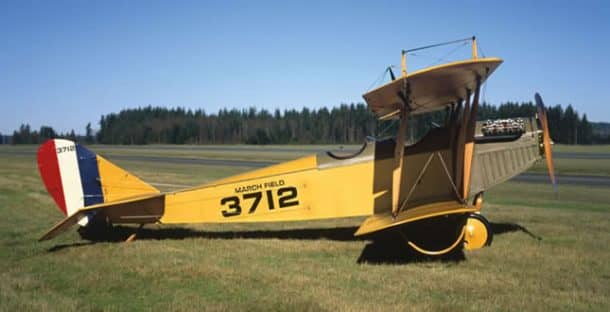
17. The P-40C Tomahawk was manufactured in America but never flew for the country. Sold to the British and passed on the Soviet, the craft spent nine months defending the Russian front from German forces during the WWII. The one in Allen’s collection is the only one in the world that is still in flying condition.
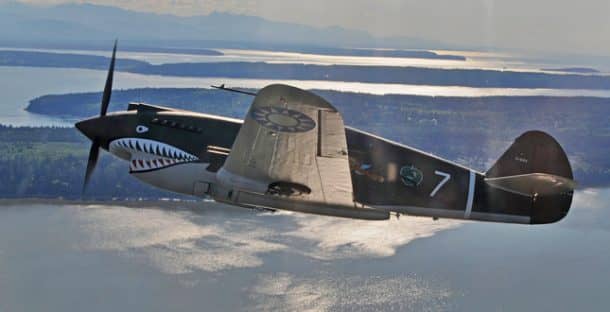
18. Called “Aluminum Tank” by its pilots, the Grumman Hellcat was designed to beat the Mitsubishi Zero-Sen, and even the Japanese pilots agreed that it succeeded. At one time Grumman was manufacturing one Hellcat an hour, and the record has not been broken since.
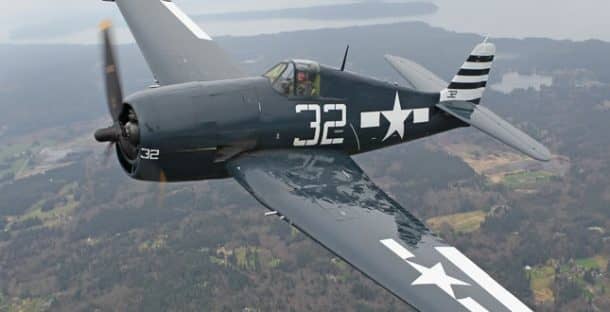
19. The North American B-25 Mitchel became the first plane to drop bombs on the Japanese mainland. The craft in Allen’s collection had served the Royal Canadian Air Force for ten years.
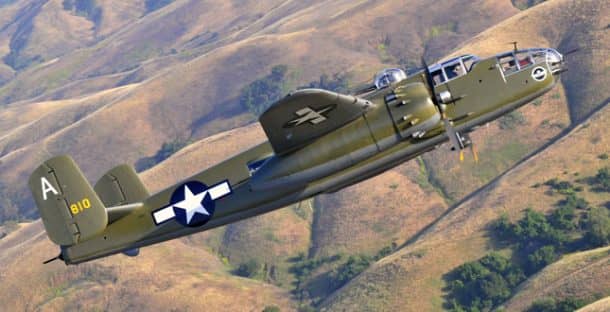
20. The American pilot Lt. Harrison B. Tordoff flew the P-51 Mustang during the liberation of Europe who united with the plane again in 2003 in the Flying Heritage Museum.
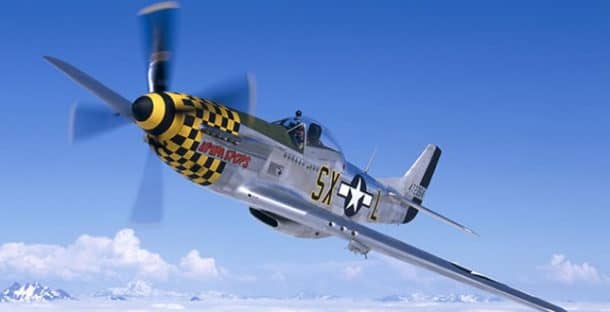
21. The jet considered “unbreakable” by pilots of the WWII due to its legendary toughness was the P-47 Thunderbolt. The heavy armor and powerful engine of the craft gave the pilots hope to sustain a lot of damage in combat.
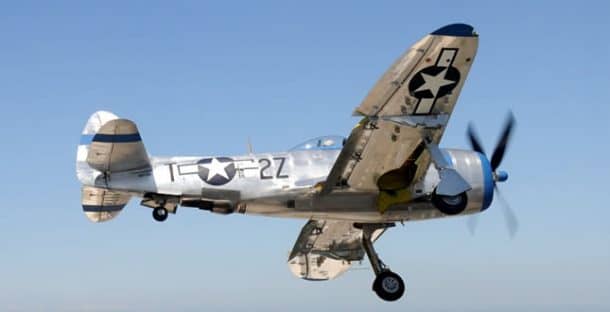
22. The Republic F-105G Thunderchief was built in the 1950s to deliver nuclear weapons at supersonic speeds. It was the largest single-seat, single engine fighter ever built. The craft in this collection is on loan from the National Museum of the United States Air Force.
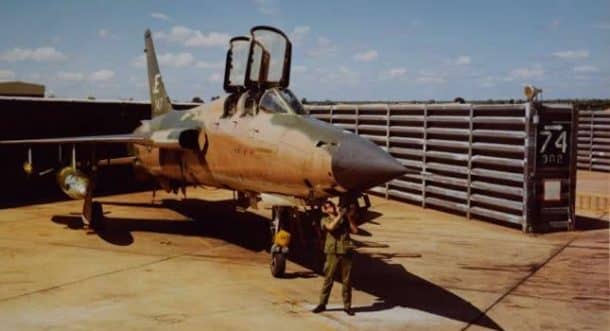
23. The BELL UH-1B IROQUOIS, nicknamed “Huey” is one of most versatile helicopters. This one has participated in combat operations from the late-1860s to the Persian Gulf War.
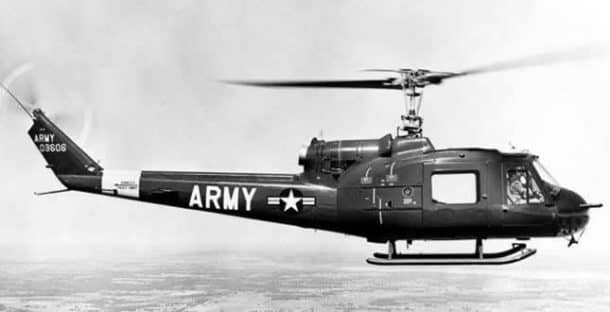
24. The White Knight Model 318 was developed by Scaled Composites as the launch platform and pilot training vehicle for the SpaceShipOne suborbital spacecraft. The plane equipped with a pair of J-85-GE-5 turbojet engines carried an 8,000-pound craft to an altitude of 8.7 miles during flights in 2003, 2004, and 2005.
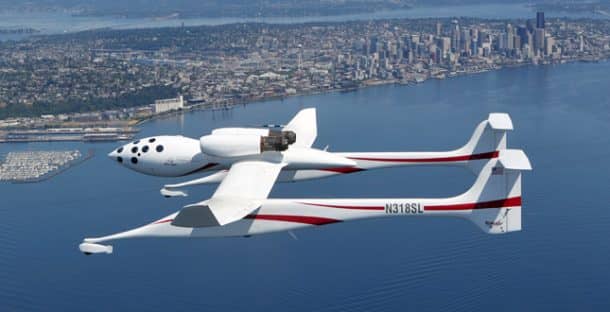
25. Paul Allen himself sponsored the SpaceShipOne project, and the plane was designed by the aeronautical engineer Burt Rutan and his team. The craft made a flight of 24 minutes to space with a total of three minutes of weightlessness and reached speeds of over 2,000 miles an hour.
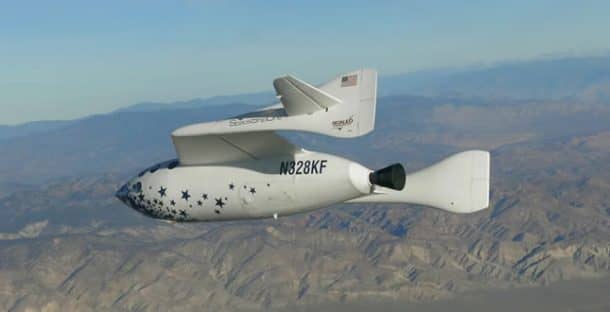
Source: Flying Heritage Collection
Images: Flying Heritage Collection


